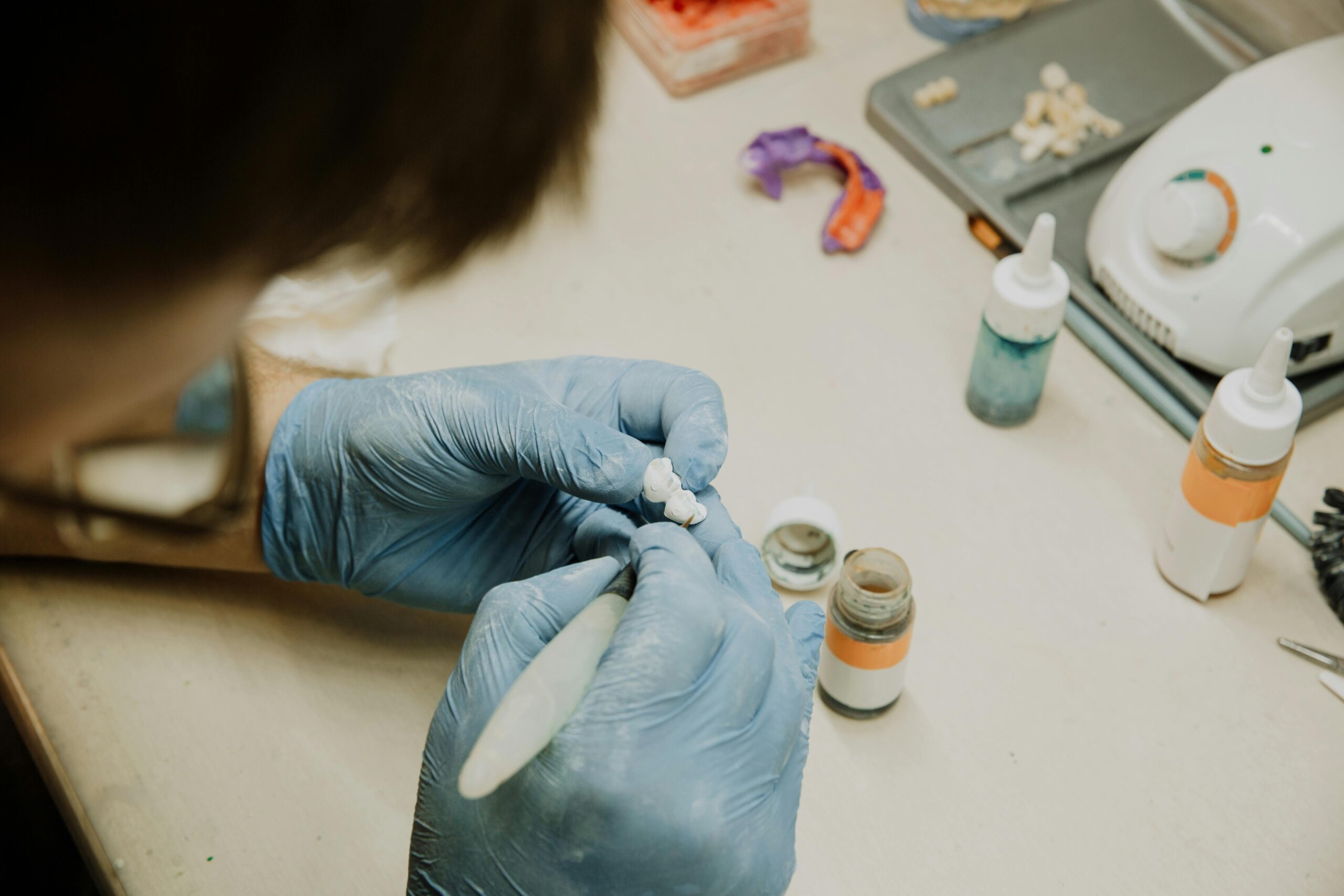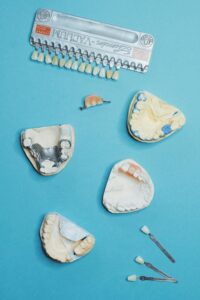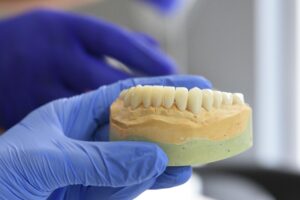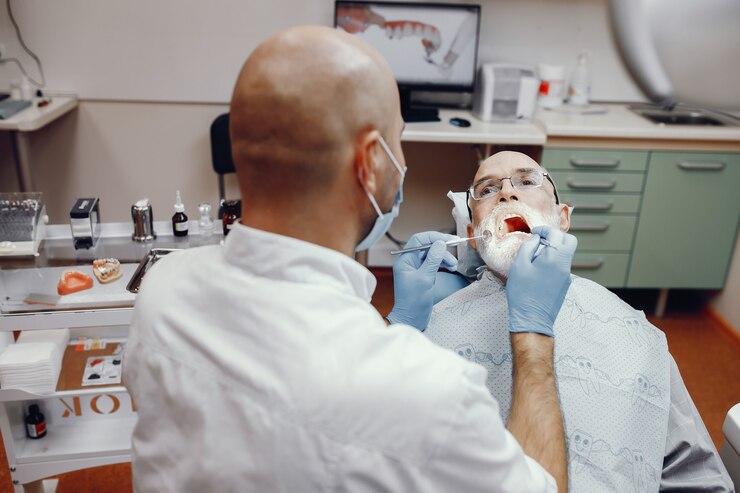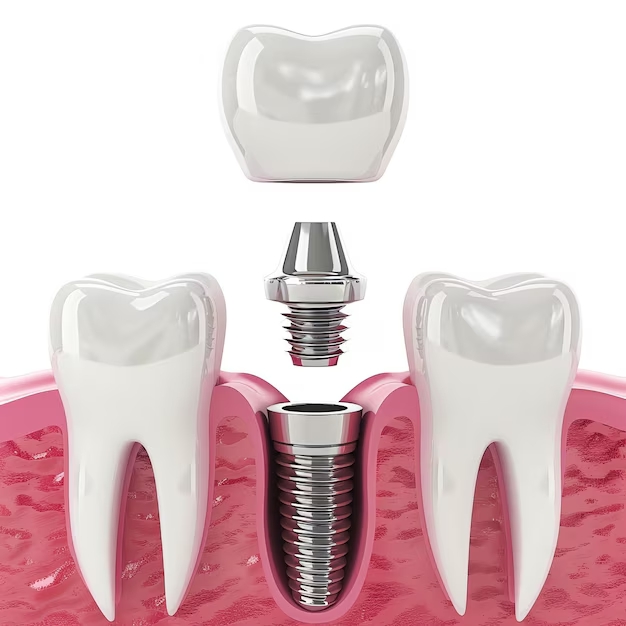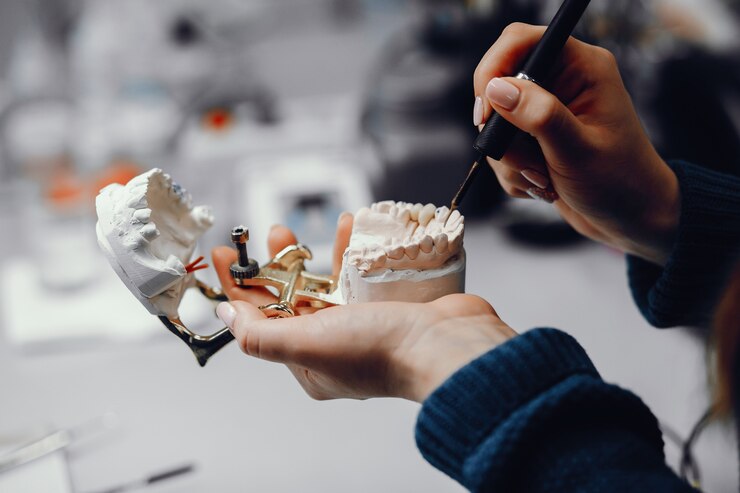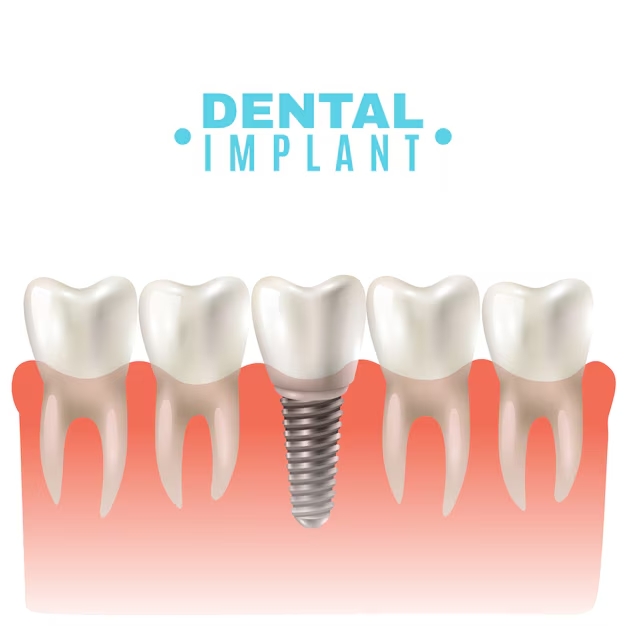Imagine biting into an apple without hesitation, sharing a laugh without covering your mouth, or speaking in a meeting with full confidence. For many people, these everyday experiences are dulled by the discomfort or awareness of missing teeth. The good news is that while eating, speaking, and smiling with ease may once have been a dream, it certainly, through the power of dental implants, can be a reality.
In your search for dental implants in and around Guiseley, or maybe looking up how to get affordable dental implants, or even looking for same-day dental implants Guiseley, you are probably already aware of the aesthetic value of implants, but also the more resilient, functional, and life changing value of dental implants.
Let’s explore how these small titanium wonders make a big impact.
1. Eat Freely and Enjoy Food Again
One of the first things people remark on right after they have received dental implants is how they can now eat anything they want. Crunchy salads, juicy steak, crusty bread, whatever you want to eat, you can chew it comfortably with dental implants.
The best thing about dental implants is that, unlike dentures, which can feel loose and unstable when eating, dental implants act just like your natural teeth when chewing. They are implanted in your jawbone, so there is no unexpected movement, no pain, and no need to avoid the foods you love.
So, if you’ve been Googling “low cost dental implants near me” in the hopes of regaining your bite strength, the good news is—you absolutely can.
Also Read: The Benefits of Dental Implant Treatment
2. Speak Clearly and Confidently

Speech is something we often take for granted—until our teeth are lost. Missing teeth or loose dentures can cause slurred words, lisps, or awkward pauses. That’s where implants step in.
Dental implants can improve speech, providing your tongue and lips with something to articulate against. Whether you are giving a presentation, ordering your coffee, or simply laughing with your friends, you no longer need to think about how you sound.
In busy places like Guiseley, where social occasions and business meetings often require good diction, implant dentists in Guiseley are seeing patients with a goal of improving speech, and they’re delivering with implants.
3. Smile with Real Confidence
Your smile is often the first thing people notice—and the last thing they forget. But if you’re hiding your smile because of gaps, loose dentures, or discoloured bridges, you are missing out on one of life’s greatest joys.
Dental implants boost confidence by offering a smile that looks and feels natural. They blend seamlessly with your existing teeth, and because they don’t shift or stain easily, you’ll never have to second-guess your grin again.
It’s no surprise that people seeking dental implants Guiseley often mention confidence as a key motivator. After all, a confident smile opens doors—not just socially, but professionally too.
4. Long-Term Benefits Beyond the Surface
What many people don’t realise is that implants do much more than just restore a smile. They protect your overall oral health in ways that dentures or bridges can’t.
- Dental implants can reduce the rate of bone loss. Once tooth loss occurs, the jaw begins to deteriorate, leading to further complications. Implants mimic the physical and biological make-up of a natural tooth root. They can stimulate the bone and preserve your facial structure.
- Dental implants can maintain facial structure. Without teeth to support them, one’s cheeks can slowly start to sag, further adding to age. Dental implants hold everything in place, thus allowing both structural and cosmetic importance.
And if you are comparing mini dental implants vs standard: it is important to note that while mini implants are less invasive and less expensive, standard dental implants provide better, long-lasting bone support and chewing efficiency.
5. Options to Fit Your Needs and Budget
While dental implants were previously viewed as a luxury, they are increasingly accessible compared to years past. There are options available for affordable dental implants, and dental implant financing options to fit almost any budget.
All on 4 dental implants are a prime example. Instead of replacing each tooth on an individual basis, four dental implants are strategically placed to support a full arch of teeth, offering an often quicker, and less expensive, solution for people needing full-mouth restoration.
And for those needing faster solutions, same-day dental implants Guiseley offer the chance to walk out of the clinic with a new smile on the very same day. This is not suitable in every case, but solutions can be discussed!
In short, whether you are looking for low cost dental implants near me or exploring your payment plans, there’s never been a better time to invest in your smile.
Also Read: Filling vs. Inlay vs. Onlay vs. Crown: What’s The Difference And Which Is The Right One For You?
Final Thoughts
If you have been postponing filling gaps or struggling with poor function of dentures, or simply do not have easy confidence due to your smile, dental implants are a modern, proven answer. The benefits are extraordinary – they can improve eating and speaking, restore confidence, and help protect long-term health.
If you live in West Yorkshire, then researching dental implants Guiseley choices is a great first step in starting a new chapter in your life. Whether you want low cost dental implants near me, considering all on 4 dental implants, or find out about financing options, you will find a way forward.
Your smile deserves to be seen, heard, and celebrated. And with the right support, it can be.




